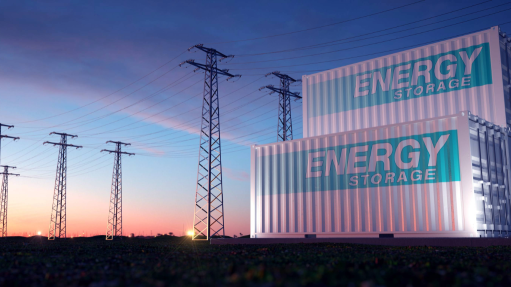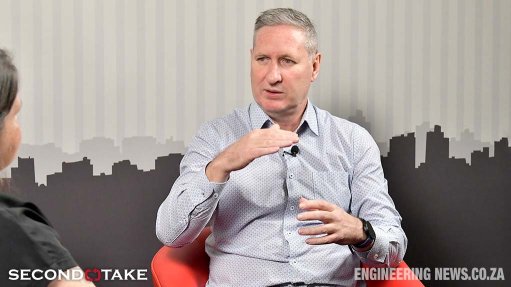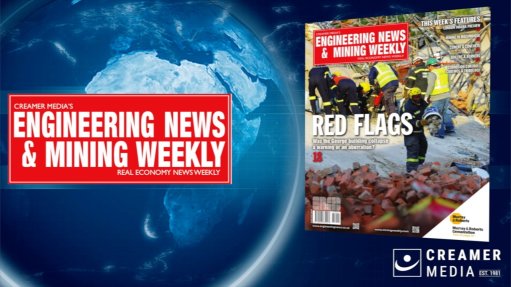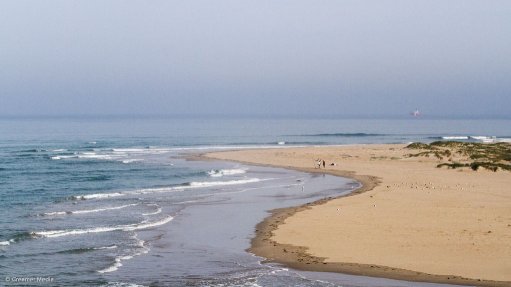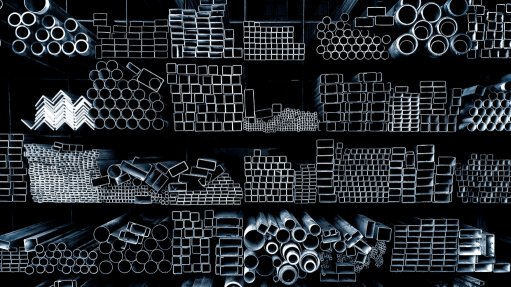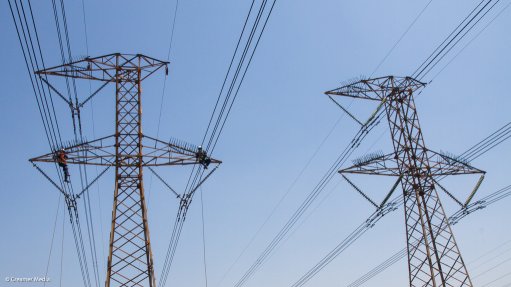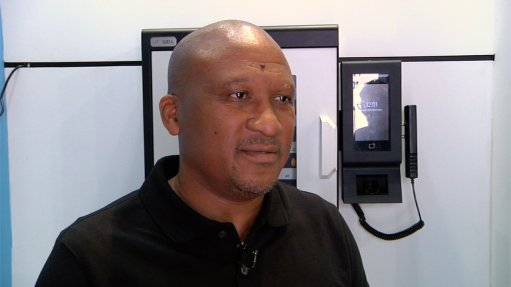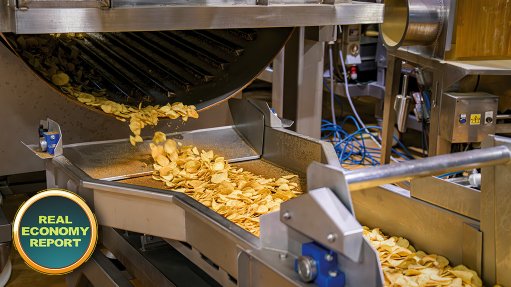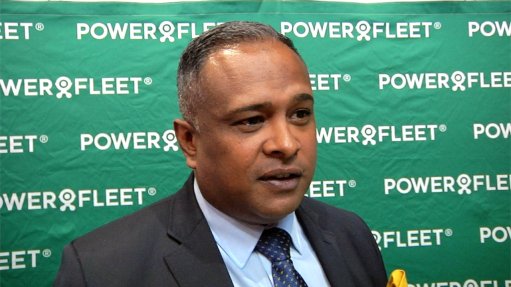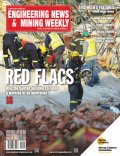UP conducts real time emissions testing to help inform policy

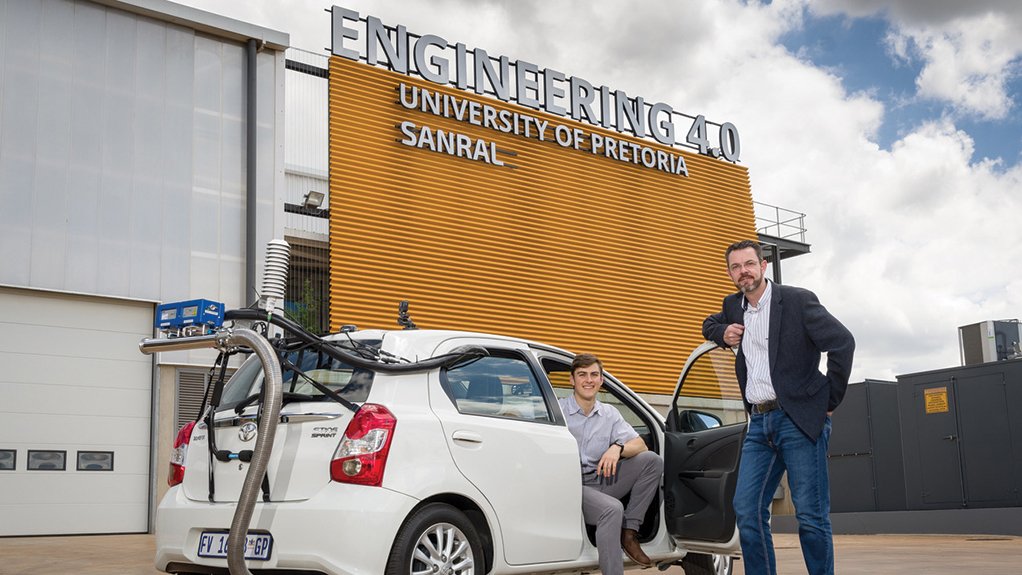
An engineering student and Professor Johan Joubert alongside UP's portable emissions measurement system
The Centre for Transport Development, within the University of Pretoria’s (UP’s) Faculty of Engineering, Built Environment and Information Technology, has acquired a system that can measure vehicle emissions while driving.
The portable emissions measurement system (Pems) unit is a first for Africa, the university says.
UP Department of Industrial and Systems Engineering's Professor Johan Joubert explains that the unit connects to the exhaust of a light or heavy vehicle, or off-road vehicles and measures a variety of pollutants while driving under real conditions.
Joubert and his team are building a database of emissions and vehicle diagnostics for a range of road types and vehicle loads in Gauteng.
The current cohort of test vehicles includes the university’s fleet of light vehicles and the National Research Foundation’s road rail heavy-goods vehicle.
Joubert says the goal of his team’s research is firstly to study and understand the uncertainty and variance in vehicle emissions in the local environment, to determine how South African vehicles really perform.
The second aim of the research is to inform policy when it comes to setting realistic carbon emission targets.
Joubert notes that although South Africa has passed a carbon tax law, which will help to mitigate the impact of climate change, if the implementation is done wrong, it could have unintended consequences that will hurt the economy and its citizens.
“The carbon tax is currently accounted for as part of the fuel levy. It is an easy approach to implement but might be more regressive than alternative measures.
“The impact could be disproportionately high on, for example, urban freight carriers. Higher fuel costs directly impact the cost of logistics and, generally, doing business. The higher cost of logistics, in turn, will ultimately manifest itself in higher prices for goods and services at your local retail outlet,” states Joubert.
He continues that a government push for the public to buy electric or hybrid vehicles is idealistic. “It might be achievable for the financial elite only, thereby adversely compounding economic inequality.”
New vehicles are sold with compulsory fuel consumption and emission declarations. But new vehicle owners are most likely never going to experience that ambitious consumption and emission performance.
This is because the declared values are the result of standardised tests in highly controlled laboratory environments. The difference in performance is attributed to, for example, driver behaviour, road grade and environmental conditions.
Joubert says the infamous Volkswagen diesel scandal, among others, sparked a global movement to enhance vehicle certification to include real driving emissions testing.
“South Africans experience the real effect of transport emissions daily in our cities. On average, our vehicle population is much older than the developed world, which eagerly subscribes to and seeks the United Nation’s Sustainable Development Goals.
“We should diligently pursue them too. Unfortunately, our ageing vehicles emit much more than their reported emissions because real people drive them. Driving a vehicle under normal road conditions in a typical South African road environment will result in substantially higher total emissions than that vehicle’s certified values. Yet, the real emissions are what citizens are exposed to,” Joubert says.
He further points out that UP, its Faculty of Engineering, Built Environment and Information Technology, and the Department of Science and Innovation through the Research, Development and Innovation Waste Roadmap are working towards building smart cities that require smart mobility.
The multidisciplinary Centre for Transport Development is providing evidence-based research to make smart mobility a reality.
The centre applies several smart technologies to various aspects of transport, from detailed pavement design and road vehicle interactions, travel and driver behaviour to higher level logistics and supply chain modelling.
While all modes of transport are covered, the centre has particular competencies in on-road, off-road and rail.
Comments
Press Office
Announcements
What's On
Subscribe to improve your user experience...
Option 1 (equivalent of R125 a month):
Receive a weekly copy of Creamer Media's Engineering News & Mining Weekly magazine
(print copy for those in South Africa and e-magazine for those outside of South Africa)
Receive daily email newsletters
Access to full search results
Access archive of magazine back copies
Access to Projects in Progress
Access to ONE Research Report of your choice in PDF format
Option 2 (equivalent of R375 a month):
All benefits from Option 1
PLUS
Access to Creamer Media's Research Channel Africa for ALL Research Reports, in PDF format, on various industrial and mining sectors
including Electricity; Water; Energy Transition; Hydrogen; Roads, Rail and Ports; Coal; Gold; Platinum; Battery Metals; etc.
Already a subscriber?
Forgotten your password?
Receive weekly copy of Creamer Media's Engineering News & Mining Weekly magazine (print copy for those in South Africa and e-magazine for those outside of South Africa)
➕
Recieve daily email newsletters
➕
Access to full search results
➕
Access archive of magazine back copies
➕
Access to Projects in Progress
➕
Access to ONE Research Report of your choice in PDF format
RESEARCH CHANNEL AFRICA
R4500 (equivalent of R375 a month)
SUBSCRIBEAll benefits from Option 1
➕
Access to Creamer Media's Research Channel Africa for ALL Research Reports on various industrial and mining sectors, in PDF format, including on:
Electricity
➕
Water
➕
Energy Transition
➕
Hydrogen
➕
Roads, Rail and Ports
➕
Coal
➕
Gold
➕
Platinum
➕
Battery Metals
➕
etc.
Receive all benefits from Option 1 or Option 2 delivered to numerous people at your company
➕
Multiple User names and Passwords for simultaneous log-ins
➕
Intranet integration access to all in your organisation







